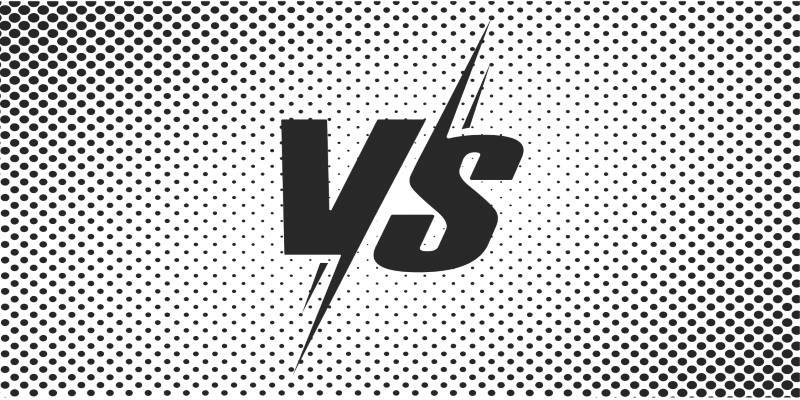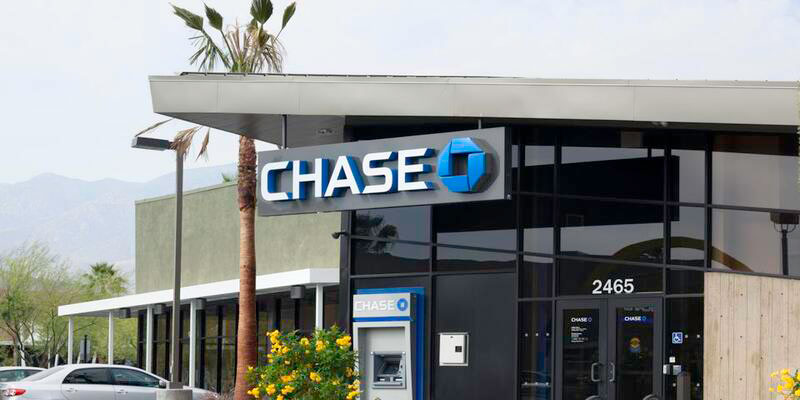

Navigating the expansive world of retail investing is like venturing into an unpredictable ocean. The choice of the right investment platform becomes your compass in this vast landscape. Robinhood and E-Trade stand as prominent guiding stars in this financial expanse.
Our exploration delves into the intricacies of these platforms, aiming to illuminate which one emerges as the best companion for your unique retail investment journey. It's not merely a choice between platforms; it's about finding the optimal ally as you sail through the unpredictable currents of the investment world.
Overview of E-Trade vs. Robinhood
Before we plunge into the depths of their differences, let's take a closer look at each contender individually.
E-Trade
A seasoned veteran with roots tracing back to the early days of online trading, E-Trade stands as a stalwart in the financial landscape. Renowned for its expansive suite of tools and resources, E-Trade caters to a diverse audience, from newcomers testing the waters to seasoned investors diving into the complexities of the market.
This platform opens doors to a multitude of investment options, including stocks, bonds, mutual funds, and more.
Robinhood
In stark contrast, Robinhood has etched its place in history as a disruptor, challenging traditional norms with its user-friendly and commission-free approach. Born with the mission of democratizing finance, Robinhood swiftly gained popularity, especially among the younger generation of investors.
The platform's simplicity and zero-commission model triggered a paradigm shift, transforming it into a formidable force in the market.
E-Trade vs. Robinhood: Similarities
Amidst their distinctive personas, E-Trade and Robinhood share some common ground.
Access to Diverse Investment options
Both E-Trade and Robinhood provide investors with a wealth of investment options, facilitating portfolio diversification. Whether your interest lies in stocks, bonds, ETFs, or other financial instruments, these platforms act as gateways to a diverse realm of financial possibilities.
They empower users to explore and engage with a broad spectrum of investment avenues, fostering a comprehensive approach to portfolio management and aligning with the varied preferences and goals of investors.
User-Friendly Mobile Apps

Acknowledging the crucial nature of managing portfolios on the fly, E-Trade and Robinhood both provide intuitively designed mobile apps. These applications serve as indispensable companions, ensuring investors maintain constant connectivity with market trends.
This seamless accessibility empowers users to effortlessly oversee and adjust their portfolios, all within the convenience of the palm of their hands.
Emphasis on Accessibility and User Experience
Both E-Trade and Robinhood share a fundamental commitment to accessibility, aiming to unravel the intricacies of investing. Their dedication shines through in the creation of user interfaces meticulously designed to serve both beginners and seasoned investors.
The overarching goal is to demystify the complexities of the financial world, ensuring that users, regardless of their level of experience, can navigate and engage with the platforms seamlessly. T
E-Trade vs. Robinhood: Differences
Now, let's navigate through the distinct factors that set E-Trade and Robinhood apart.
Commission Structure
E-Trade, rooted in the traditional brokerage model, adheres to a commission-based structure for certain transactions. On the flip side, Robinhood has been a trailblazer with its commission-free model, allowing users to trade stocks, options, and ETFs without incurring fees. This fundamental difference in fee structures could significantly influence the overall cost-effectiveness of your trades.
Investment options
While both platforms boast an array of investment options, E-Trade's arsenal includes more sophisticated instruments. This makes it an attractive choice for seasoned investors seeking a diverse range of opportunities. Conversely, Robinhood's strength lies in its simplicity, making it an appealing option for beginners who prefer a straightforward approach to investing.
Research and Tools

E-Trade takes the lead in the realm of research and analytical tools. The platform provides in-depth market analysis, educational resources, and professional research reports. In contrast, Robinhood, true to its minimalist philosophy, offers fewer analytical tools.
This distinction caters to investors' preferences, with E-Trade appealing to those who crave detailed insights and Robinhood resonating with those seeking a streamlined trading experience.
Account Types
E-Trade supports a broader spectrum of account types, including retirement accounts like IRAs and more advanced trading accounts. In contrast, while Robinhood has expanded its offerings, it might still be perceived as more limited in terms of account types compared to E-Trade. The choice here depends on the investor's needs and the complexity they seek in managing their accounts.
Which Is Best for Retail Investing?
As we stand at the crossroads of Robinhood and E-Trade, the decision boils down to your unique investment DNA.
Suppose you're a novice investor enticed by a user-friendly interface and the allure of commission-free trading, Robinhood beckons. With its focus on mobile accessibility, user-friendly design, and the absence of trading fees, Robinhood stands out as an appealing entry point for individuals venturing into the realm of investments.
Conversely, if you place value on a comprehensive set of tools and a wider array of investment options and don't mind paying commissions for quality services, E-Trade unfolds as a more robust choice. Seasoned investors who appreciate in-depth research and analysis may find E-Trade's offerings align better with their sophisticated needs.
Yet, in this journey of decision-making, the path to the ideal platform depends on your individual preferences, investment goals, and experience level. Scrutinize factors like commission structures, available investment options, research tools, and account types before hoisting your sails in the direction of your chosen platform.
Conclusion
In the grand tapestry of retail investing, the clash between Robinhood and E-Trade paints a vibrant picture. There is no singular answer; both platforms have carved out their niches, appealing to different segments of the investor population. As you embark on this investment expedition, let the compass of your preferences guide you.
Whether you opt for the commission-free simplicity of Robinhood or the features of E-Trade, the key lies in staying informed and actively managing your investments. In this dynamic landscape, where the only constant is change, adaptability, and knowledge become your steadfast companions.
May your investment journey be prosperous and your choices well-informed. Happy investing!



